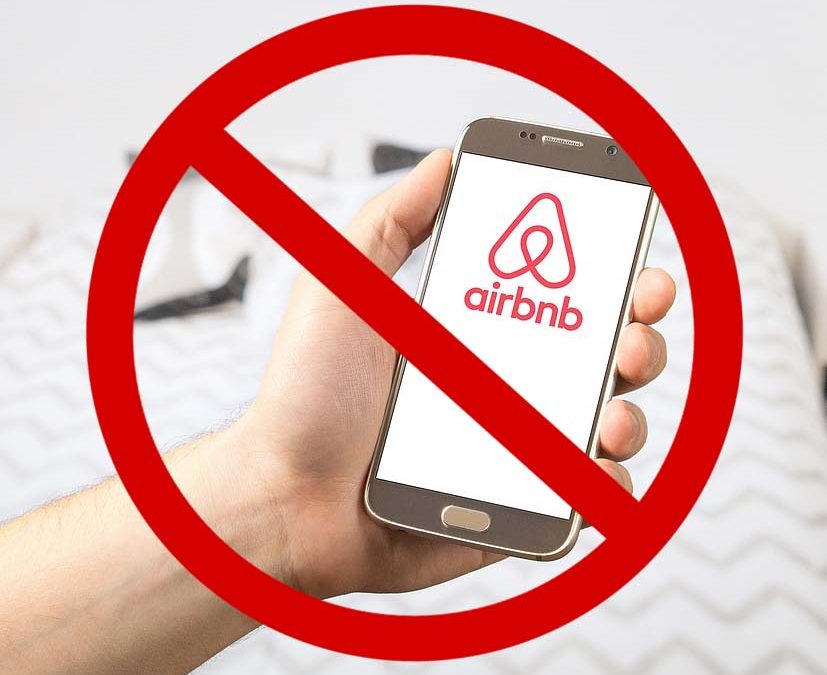This case generated widespread interest in the media and property community. The Court’s decision clearly established a general principle that a short-term AirBnB stay CAN be a lease in breach of the Residential Tenancies Act without the written authorisation from the landlord IF the whole of the premises is offered for letting.
A dispute between a private landlord and the tenants when the landlord discovered that the tenants had been listing the apartment on AirBnB. A notice to vacate was issued on the basis of subletting the property without consent. The tenants claimed that they had merely granted the AirBnB guests a licence to occupy the apartment, and that the notice was therefore invalid.
According to the AirBnB listings, guests could choose between two options: (1) to rent out the entire apartment or (2) to rent out a single bedroom and share the bathroom and lounge room with the tenants.
While VCAT initially found in favour of the tenants, the decision was Appealed to the Supreme Court which focused solely on the agreements for occupation of the entire apartment.
The key issue for the Court was whether these agreements constituted a lease or a licence. That depended on whether the AirBnB guests were given ‘exclusive possession’.
I am of the opinion that the AirBnB Agreement for occupation of the whole of the Apartment is properly characterised as a lease between the Respondents, the tenants, and the AirBnB guests for the period of occupation agreed between them. It follows that their entering into this Agreement is, having regard to their own tenancy of the Apartment, a sub-lease.
The Court confined the application of this decision to the facts of the particular case. This case involved a whole-of-premises arrangement; different principles could apply to an arrangement where AirBnb guests merely occupied a bedroom and shared a bathroom with the licensor. In that circumstance, it was noted that the crucial component of ‘exclusive possession’ could be missing, therefore allowing that arrangement to be classified as a license, not a lease.
Swan v Uecker [2016] VSC 313
Disclaimer : This publication is intended only to provide a summary of the subject matter covered. It does not purport to be comprehensive or to render professional advice and neither purports nor is intended, to be advice on any particular matter. No reader should act on the basis of any matter contained in this publication without first obtaining specific professional advice. This article is copyright. For permission to reproduce this article please contact us.


